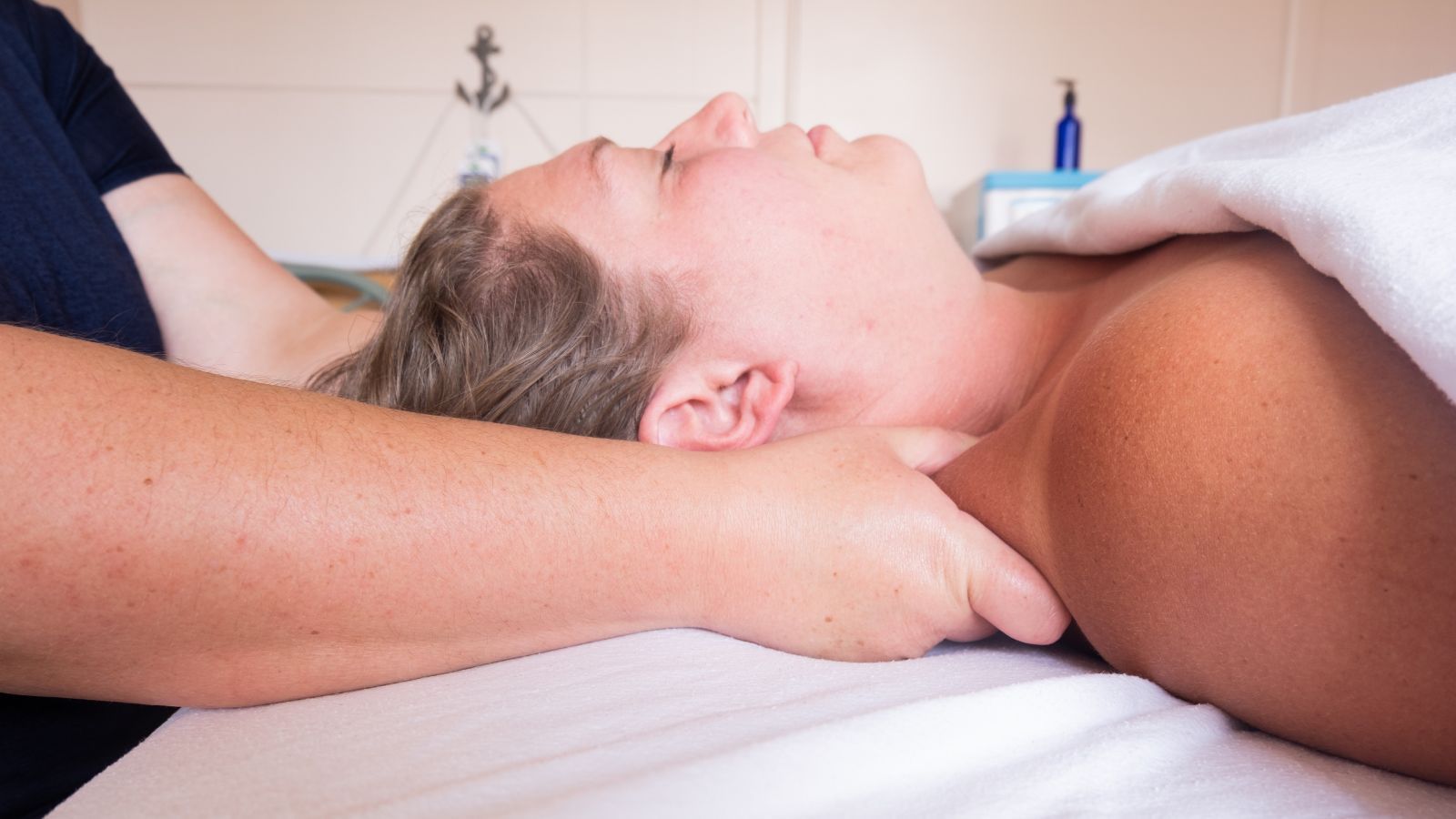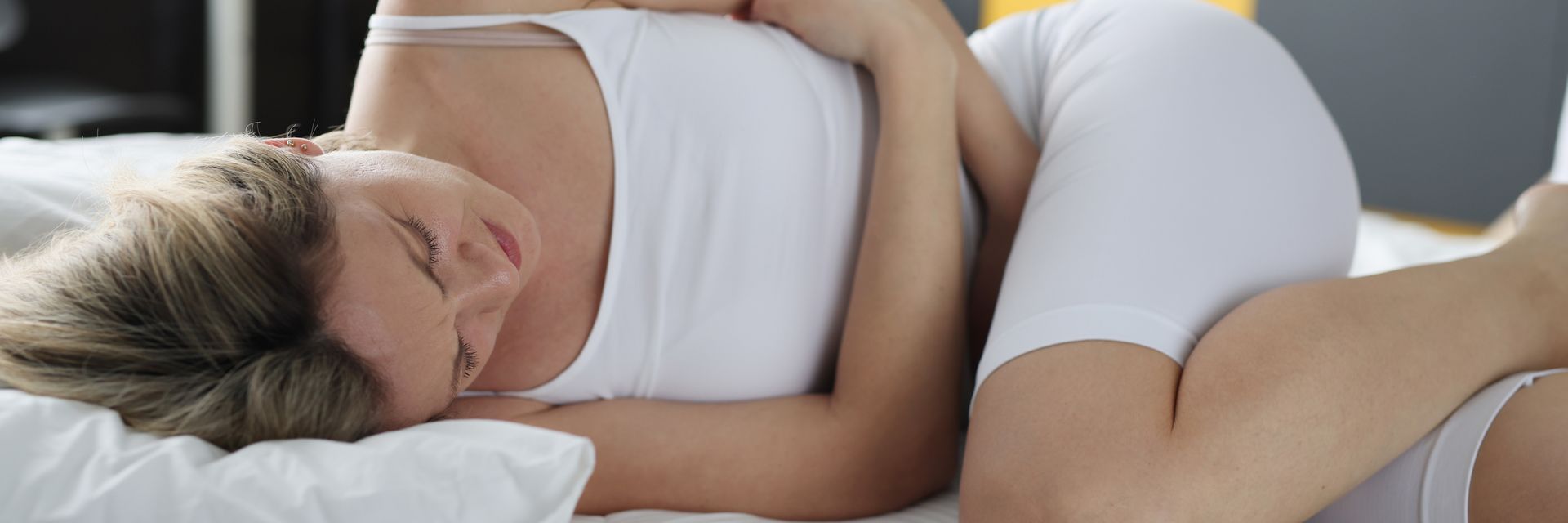The Science Behind How Massage Therapy Reduces Stress
Are you feeling overwhelmed by the constant demands and pressures of daily life? Stress has become an all-too-familiar companion for many of us, affecting our physical and mental well-being. If you're searching for a natural and effective way to combat stress, look no further than the power of massage therapy. In this article, we delve into the science behind how massage therapy can help you reduce stress and reclaim your peace of mind.
Understanding the Stress Response
Before we explore the benefits of massage therapy, let's first understand the intricate mechanisms of stress. When faced with a stressful situation, our bodies trigger a physiological response commonly known as the "fight-or-flight" response. This response is our body's way of preparing to protect itself, but when stress becomes chronic, it can take a toll on our health.
The Role of Massage Therapy
Massage therapy provides a therapeutic escape from the clutches of stress, offering profound relaxation and rejuvenation. Let's delve into the science-backed benefits of this ancient practice:
1. Reduction in Cortisol Levels
Cortisol, often referred to as the "stress hormone," is released by the body during times of stress. Elevated cortisol levels can disrupt sleep patterns, impair cognitive function, and weaken the immune system. Massage therapy has been shown to reduce cortisol levels, promoting a sense of calmness and well-being.
2. Release of Endorphins
Endorphins are the body's natural "feel-good" chemicals, responsible for alleviating pain, improving mood, and inducing a sense of euphoria. Massage therapy stimulates the release of endorphins, which can counteract the negative effects of stress and promote relaxation.
3. Activation of the Parasympathetic Nervous System
The parasympathetic nervous system is responsible for regulating our body's rest-and-digest response, promoting relaxation and reducing stress. Massage therapy stimulates this system, triggering a cascade of physiological responses that promote deep relaxation, lower heart rate, and decrease blood pressure.
4. Reduction in Muscle Tension
Stress can manifest physically as muscle tension and knots, leading to discomfort and pain. Massage therapy targets these tense areas, using various techniques to relax muscles, improve circulation, and release built-up tension. This not only provides physical relief but also helps alleviate the psychological burden of stress.
5. Improvement in Sleep Quality
Quality sleep is essential for our overall well-being and resilience against stress. Massage therapy has been shown to improve sleep quality by promoting relaxation, reducing anxiety, and easing muscle tension. A good night's sleep allows our bodies to recharge and face the challenges of the day with a clear mind.
Massage therapy offers a scientifically proven pathway to combat the detrimental effects of stress. By reducing cortisol levels, releasing endorphins, activating the parasympathetic nervous system, relieving muscle tension, and improving sleep quality, massage therapy provides a holistic approach to stress reduction.
Naomie Tanner, LMT, the dedicated massage therapist at Reedsport Massage, is committed to helping you find relief from stress and restore your well-being. Take the first step towards a stress-free life by clicking here today to schedule your rejuvenating massage session. Allow Naomie to guide you on your journey towards a healthier, happier, and more relaxed you.
Remember, stress doesn't have to control your life. Embrace the healing power of massage therapy and rediscover your inner peace.
Frequently Asked Questions About Stress Relief Through Massage Therapy


